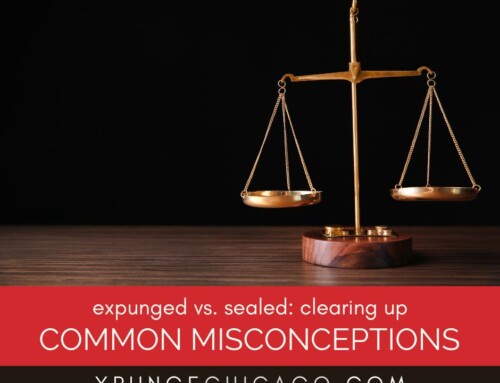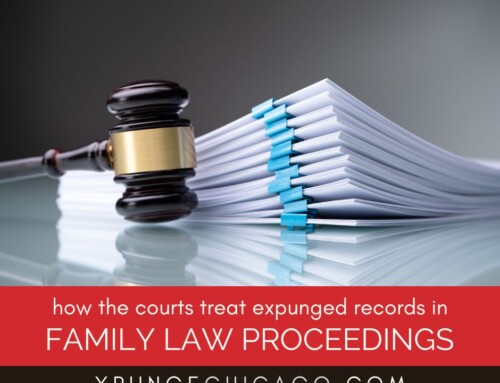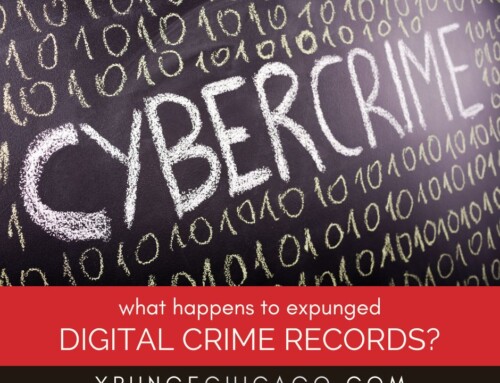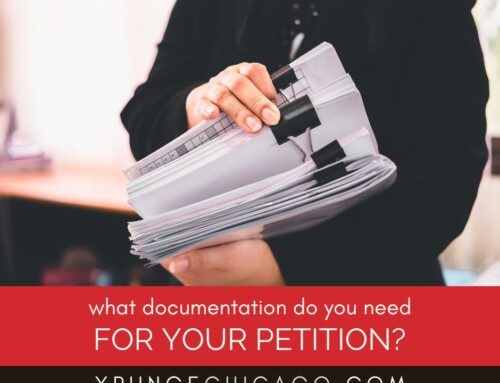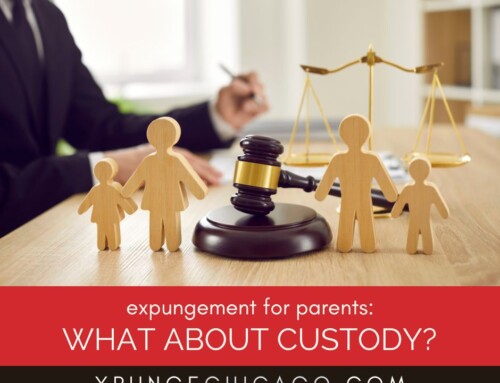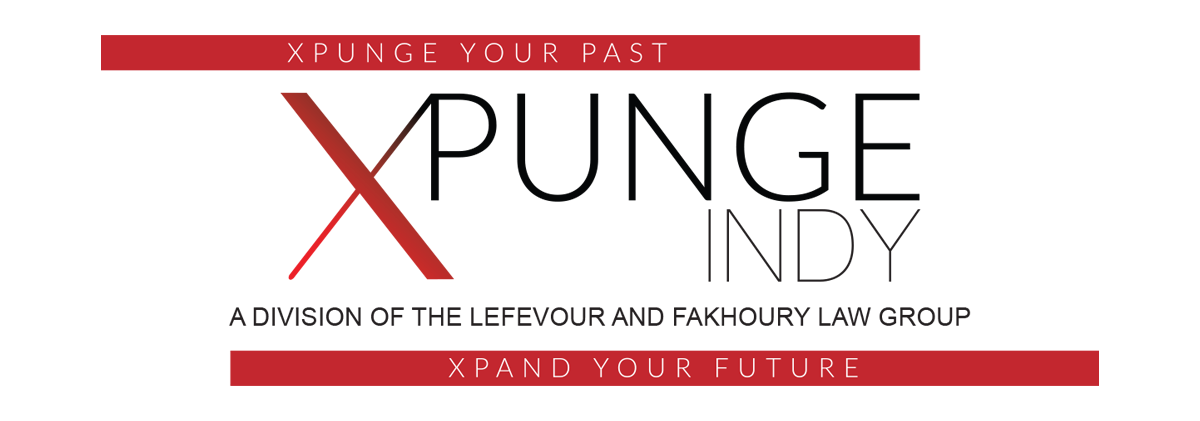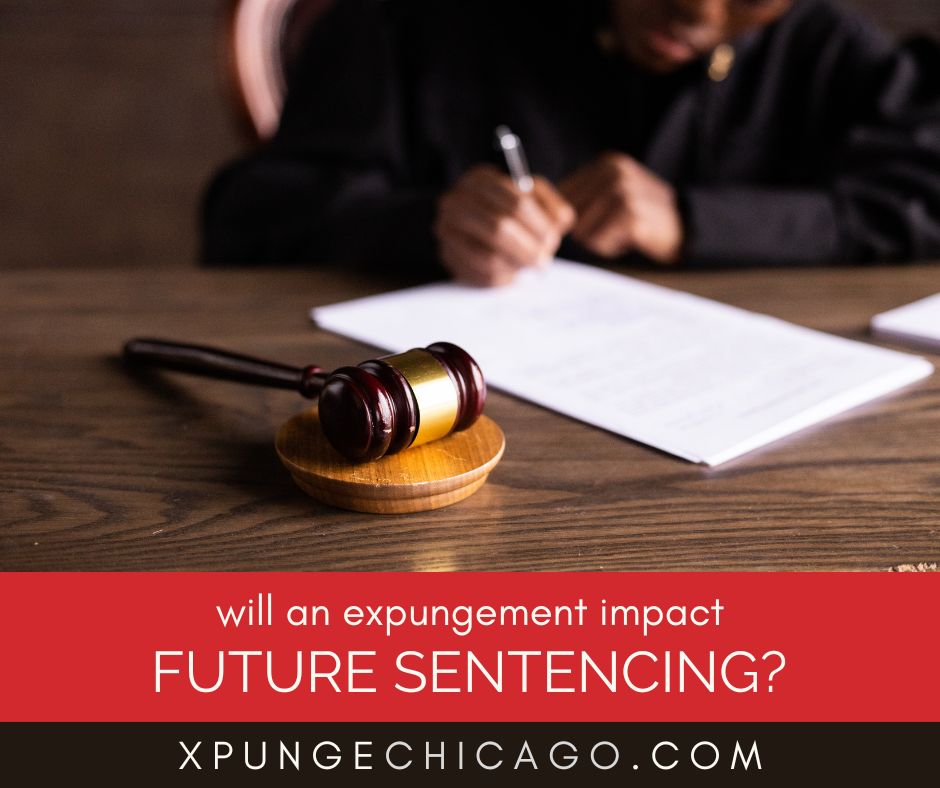
Expungement offers people in Illinois a second chance by removing eligible arrests and cases from the public record. Once a judge grants expungement, law enforcement agencies and courts must erase or destroy those records, meaning they should no longer appear in background checks, housing applications, or most job screenings. But a question often arises for people moving forward: If I am charged with a new crime, could an expunged record still impact sentencing?
The short answer is no—legally, an expunged record should not be considered in future sentencing. But as with many areas of law, the details matter. Expungement, sealing, and eligibility rules all influence what a judge or prosecutor may see, and the practical realities of how records are handled sometimes differ from the law’s intent.
What Expungement Legally Means In Illinois
Illinois law defines expungement as the process of physically destroying or erasing records related to an arrest or case. Once expunged:
-
The case is no longer available to the public or most employers.
-
The Illinois State Police and local law enforcement agencies must comply with the order and remove the record from their systems.
-
Courts treat the case as though it never legally existed, except in very narrow circumstances.
This means that, by law, expunged records cannot be used against you in later prosecutions or sentencing. A new judge should not be able to see or consider them.
The Difference Between Expungement And Sealing
It is important to distinguish between expungement and sealing, because the impact on sentencing differs.
-
Expunged records: Legally erased and not available to judges in future cases. They cannot be used to enhance sentencing.
-
Sealed records: Hidden from the public but still visible to law enforcement and the courts. Judges may consider sealed convictions during future prosecutions and sentencing.
This distinction often determines whether your past can resurface in later proceedings. If your record was expunged, it should not affect you. If it was sealed, it could.
Exceptions To The Rule
While expungement is intended to wipe the slate clean, there are a few exceptions worth noting:
-
Federal prosecutions: Federal courts are not bound by Illinois expungement orders. While unlikely, it is possible that federal authorities could have access to historical records through federal databases.
-
Errors in compliance: Occasionally, agencies fail to properly destroy or update records after an expungement order. If a database isn’t updated, old information might appear by mistake.
-
Non-expunged convictions: Many convictions in Illinois are not eligible for expungement. If you only qualified for sealing—or if your record was never cleared—those prior convictions can absolutely affect future sentencing.
How Judges Approach Sentencing
When deciding a sentence, judges in Illinois typically review the defendant’s criminal history. With expungement, that history should no longer include the expunged case. If the record is gone, it cannot legally be used to justify harsher penalties.
For sealed records, however, the story is different. A sealed conviction remains accessible to judges, who may consider it when deciding bail, probation, or sentencing in a new case. This is why individuals with convictions often pursue sealing rather than expungement—the relief is meaningful but not absolute.
The Role Of Expungement In Rehabilitation
Beyond the legal question of sentencing, expungement also plays a symbolic role. When someone successfully clears their record, it demonstrates an effort to move forward, rehabilitate, and reestablish trust in the community. If a new charge arises, having an expunged history means the judge is required to view the case without bias from prior incidents that no longer legally exist.
Why Legal Guidance Matters
Expungement is powerful, but navigating eligibility rules and understanding the differences from sealing can be confusing. Lawyers experienced in Illinois record relief can:
-
Review your case history and determine which records are eligible for expungement versus sealing
-
Ensure petitions are filed correctly and agencies comply with orders
-
Follow up if old records mistakenly appear in background checks or legal proceedings
-
Clarify your rights if prosecutors improperly try to raise an expunged record in court
It’s important to keep in mind that no lawyer can guarantee how future prosecutors or judges will act. Mistakes can happen, and interpretation may vary. Still, legal support gives you the best chance of ensuring your expungement is respected and enforced.
Expungement is meant to wipe the slate clean, and in Illinois, an expunged record should not be used to increase sentencing in the future. For those who qualify, pursuing expungement is one of the strongest steps toward ensuring that past mistakes do not resurface in courtrooms years down the road.
Do You Need to Talk to an Attorney About Expungement or Sealing?
If you’re tired of your criminal past coming back to bite you, we may be able to help. Call us right now at 847-920-4540 or fill out the form below so we can talk about your case.
Oops! We could not locate your form.


